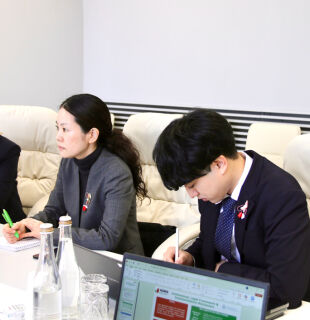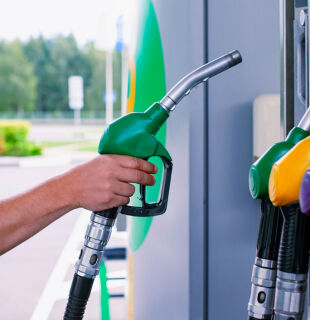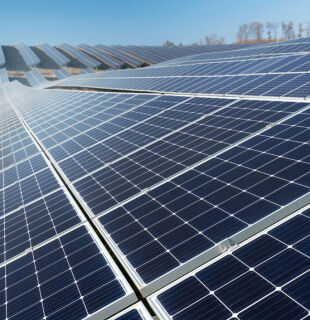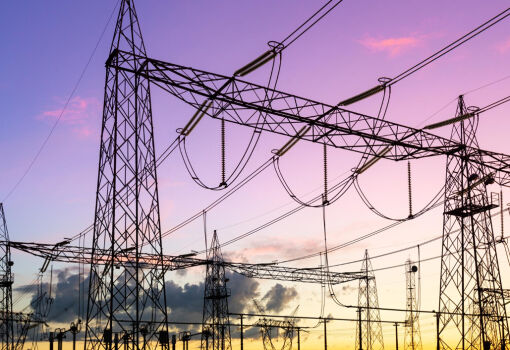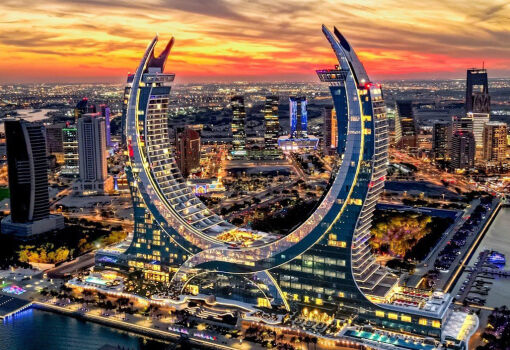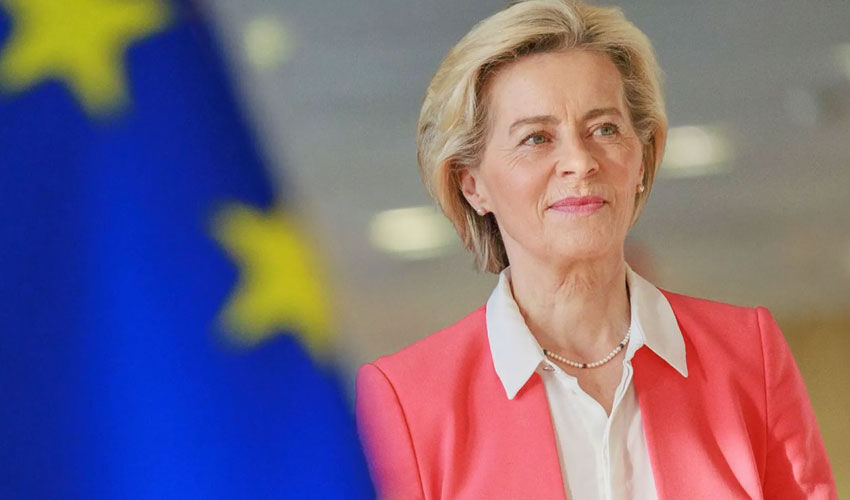
This conclusion is contained in the annual report “State of the Union in 2025”, which the European Commission will present on September 10. It outlines the EU’s priorities in the current geopolitical and economic context. It also emphasizes the pressures caused by renewed great power competition, security and economic crises, which have negative social consequences and are felt by citizens.
The centerpiece of the report was the “Readiness 2030” plan adopted in March, which aims to narrow the gap in military capabilities and attract additional defense investments of up to 800 billion euros over the next four years. In parallel, the SAFE financial instrument was created to provide €150 billion in loans for joint defense procurement.
Enlargement remains a strategic goal with clear commitments for Ukraine, Moldova and the Western Balkans, as Brussels sees their integration as an investment in long-term peace and stability.
On the economic front, the Commission in January launched the Competitiveness Compass, a roadmap for enhancing European competitiveness and sustainable prosperity. In February, the Clean Industrial Deal and the Affordable Energy Plan were unveiled to improve the resilience of European industry and accelerate decarbonization.
Support for agriculture and food security was reaffirmed by the “new vision” for farmers adopted in February. In April, the Commission launched the AI Continent Action Plan to position the EU as a world leader in artificial intelligence, and in May the Choose Europe initiative to attract researchers and professionals from around the world.
The REPowerEU plan, unveiled on May 6, calls for a complete phase-out of gas, oil and nuclear fuel imports from Russia.
In 2025, the European Commission announced that the EU will remain the world’s leading donor of humanitarian aid. At the European Humanitarian Aid Forum in May, Brussels pledged €2.3 billion to support conflict-affected regions – Ukraine, the Gaza Strip and Sudan. Meanwhile, on July 27, the EU and the USA reached an agreement on tariffs and trade aimed at ensuring stability and predictability for businesses and citizens on both sides of the Atlantic.
In July, the Commission presented its draft of the EU’s next multi-year budget (2028-2034) of €2 trillion. The new budgetary mechanism is designed to enhance the Union’s sovereignty and competitiveness, as well as provide a faster response to crises. Measures include a civil protection and health mechanism, as well as a €400 billion loan fund for member states to use in emergencies.
The report emphasizes that the global economy is becoming increasingly security-linked and that Europe needs to reduce its external dependence, strengthen its position in strategic sectors and maintain political unity. The record turnout for the 2024 European Parliament elections is cited as evidence that citizens “expect clear solutions” to inflation, the cost of living, the housing crisis and the effects of climate change.
